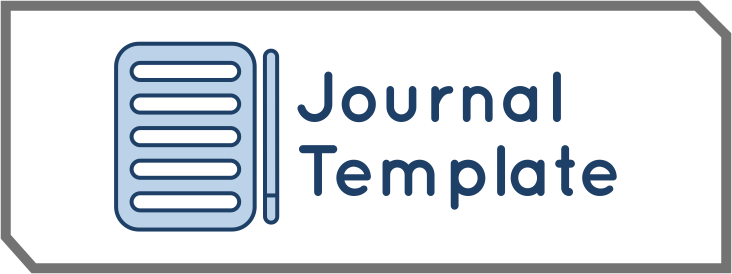Manajemen Pendidikan Akhlak Perspektif Al-Ghazali di Pondok Pesantren Ashhabul Yamin Lasi Tuo
DOI:
https://doi.org/10.61132/hikmah.v1i4.160Keywords:
Management, Moral Education, Al-Ghazali's PerspectiveAbstract
Among the students there are still those who have a lot of religious knowledge but are unable to apply it in the form of respect and respect for others. This condition shows that the moral or character education of some of the students at the Islamic boarding school is still weak. Therefore, efforts are needed to improve the quality of moral education for students so that they can behave politely, friendly and respect each other. Therefore, the aim of this research is to describe and analyze the management of moral education from Al-Ghazali's perspective based on the book Ihya Ulumuddin in class 5 of the Ashhabul Yamin Lasi Tuo Islamic Boarding School along with the obstacles faced. This research use desciptive qualitative approach. The moral book teacher from Al-Ghazali's perspective is the main informant for the research and other supporting informants are the boarding school leaders, homeroom teachers and students. Researchers collected data using observation, interview and documentation techniques. The analysis technique used by the author is data collection, reduction, presentation and drawing conclusions. Researchers used data triangulation to test the validity of the data. According to researchers, moral education management from Al-Ghazali's perspective is in accordance with what it should be, but more familiarization is needed as a form of evaluation of the implementation of moral education management from Al-Ghazali's perspective.
References
Al-Ghazali, I. (2015). Ihya' 'Ulumuddin (Menghidupkan Ilmu-Ilmu Agama) (I. B. Ba'adillah, Trans.). Jakarta: Republika.
Aminudin, dkk. (2018). Pendidikan Agama Islam untuk Perguruan Tinggi Umum. Bogor: Ghalia Indonesia.
At-Tuwaijiri, S. M. bin I. bin A. (2018). Ensiklopedia Manajemen Hati (Suharlan & A. Makmun, Trans.). Jakarta: Darus Sunnah.
Danim Sudarwan. (2020). Menjadi Peneliti Kualitatif: Rancangan Metodologi, Presentasi, dan Publikasi Hasil Penelitian untuk Mahasiswa dan Penelitian Pemula Bidang Ilmu Sosial, Pendidikan, dan Humaniora. Bandung: Remaja Rosdakarya.
Moleong, J. L. (2016). Metode Penelitian Kualitatif. Bandung: PT Remaja Rosdakarya.
Nata, A. (2019). Manajemen Pendidikan Mengatasi Kelemahan Pendidikam Islam di Indonesia. Jakarta: Kencana.
Pratama, A. R., Rawati, M., Fajri, F., Oktaviany, K., & Messy, M. (2024). Dinamika organisasi mahasiswa: Pengembangan, komitmen, dan transformasi di zaman modern. Jurnal Manajemen dan Budaya, 4(2), 28-38.
Sari, W. (2012). Penerapan fungsi manajemen dalam pengelolaan perpustakaan. Jurnal Ilmu Informasi, Kepustakaan dan Kearsipan, 1(1), September.
Sugiyono. (2012). Metode Penelitian Kuantitatif, Kualitatif, dan R&D. Bandung: Alfabeta.
Usman, H. (2008). Manajemen: Teori, Praktek dan Riset Pendidikan. Jakarta: Bumi Aksara.
Yusrallah, H. (2024). Wawancara pribadi, Selasa, 18 Juni.
Zainal Veithzal Rivai, F. A., & Yulina Putry. (2018). Manajemen Akhlak: Menuju Akhlak Alquran. Jakarta: Selemba Diniyah.
Zuchri Abdussamad. (2021). Metode penelitian kualitatif. In CV. Syakir Media Press.






